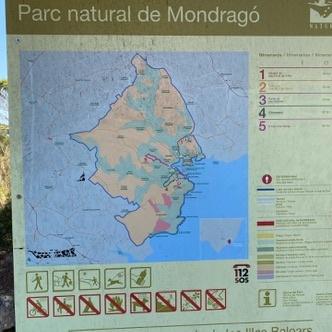How are Mallorcan beekeepers collaborating to promote sustainable beekeeping practices?
Similar Topics
mallorcan beekeepers
sustainable beekeeping
organic hive management
chemical reduction
biodiversity conservation
climate change impact
public education
eco-tourism
Mallorcan beekeepers have increasingly come together in cooperative efforts to promote sustainable beekeeping practices that align with the island’s ecological sensitivities. Recognizing the importance of protecting both honeybee populations and the native flora they pollinate, these local apiarists share knowledge on environmentally friendly techniques, such as organic hive management and the reduction of chemical treatments. By exchanging ideas during workshops and community meetings, beekeepers have fostered a culture of sustainability that not only benefits their own harvests but also supports the biodiversity of Mallorca’s unique landscapes.
Collaboration often extends beyond informal knowledge sharing, as beekeepers work with environmental organizations and agricultural experts to implement conservation strategies. They focus on preserving indigenous plant species that provide natural forage for bees, ensuring the health and resilience of hives against pests and diseases. Some associations also promote research on the impacts of climate change on bee behavior and honey production, aiming to adapt practices accordingly. This collective approach emphasizes the balance between maintaining traditional beekeeping craftsmanship and embracing innovative, eco-friendly solutions.
Furthermore, Mallorcan beekeepers engage in public education initiatives to raise awareness about the critical role of bees in food security and environmental health. Through local markets, festivals, and school programs, they advocate for the protection of pollinators and encourage consumers to support sustainably produced honey. This community-driven movement not only nurtures the island’s beekeeping heritage but also enhances eco-tourism by attracting visitors interested in authentic, responsible agricultural experiences. Ultimately, the dedication of Mallorcan beekeepers to sustainable practices exemplifies how tradition and environmental stewardship can flourish hand in hand.
Collaboration often extends beyond informal knowledge sharing, as beekeepers work with environmental organizations and agricultural experts to implement conservation strategies. They focus on preserving indigenous plant species that provide natural forage for bees, ensuring the health and resilience of hives against pests and diseases. Some associations also promote research on the impacts of climate change on bee behavior and honey production, aiming to adapt practices accordingly. This collective approach emphasizes the balance between maintaining traditional beekeeping craftsmanship and embracing innovative, eco-friendly solutions.
Furthermore, Mallorcan beekeepers engage in public education initiatives to raise awareness about the critical role of bees in food security and environmental health. Through local markets, festivals, and school programs, they advocate for the protection of pollinators and encourage consumers to support sustainably produced honey. This community-driven movement not only nurtures the island’s beekeeping heritage but also enhances eco-tourism by attracting visitors interested in authentic, responsible agricultural experiences. Ultimately, the dedication of Mallorcan beekeepers to sustainable practices exemplifies how tradition and environmental stewardship can flourish hand in hand.
🧩 Related Questions
Related Question
Are there budget-friendly family accommodation options in Mallorca suitable for longer stays?
Related Question
In what ways does the Universitat de les Illes Balears engage with international collaborations that impact scientific tourism on Mallorca?
Related Question
How do local ingredients influence the types of food prepared for Mallorca’s cultural celebrations?
